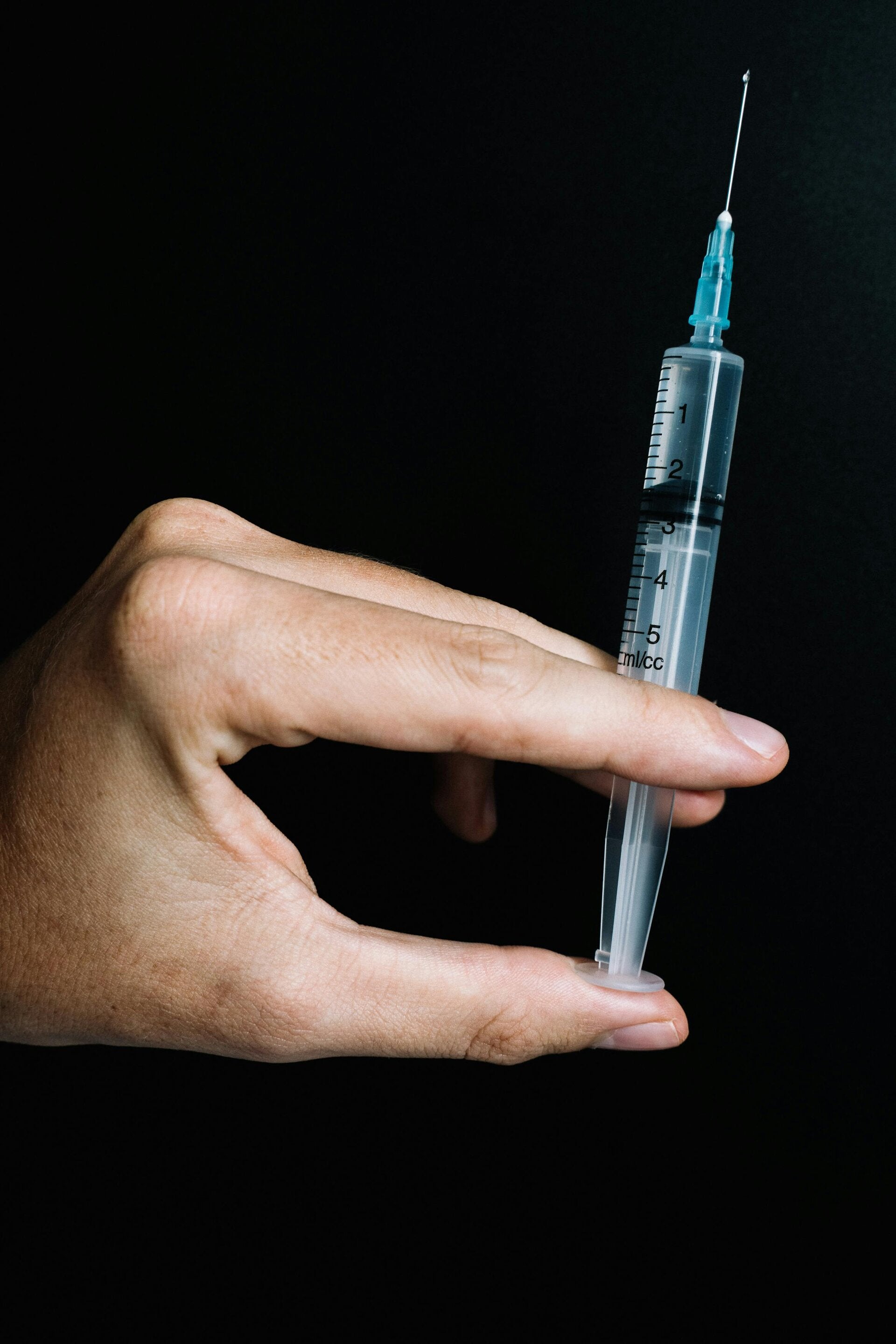
Weight-loss injections like Wegovy and Mounjaro have become headline-grabbing treatments in recent years, praised as miracle solutions for shedding pounds. But here’s the question few people ask before starting: what happens if you stop taking them?
Perhaps it’s the cost, or the side effects? Or perhaps you’ve reached your goal weight and simply don’t want the ritual of weekly injections any longer. Whatever the reason, coming off these medications is rarely straightforward. Let’s take a closer look.
A Quick Look at the Drugs
Wegovy (semaglutide) and Mounjaro (tirzepatide) belong to a group called GLP-1 agonists. They mimic a natural gut hormone that tells your brain you’re full, meaning smaller meals and reduced hunger.
When prescribed for type 2 diabetes or morbid obesity, they can be hugely beneficial. But taking them as a “quick fix” for cosmetic weight loss is a different story.
The Price Beyond the Prescription
The cost isn’t just financial—although privately these jabs can run into the hundreds of pounds per month. The “price” also includes potential side effects, which are far from rare:

- Nausea and vomiting
- Indigestion
- Constipation or diarrhoea
- Abnormal blood sugar levels
- Abdominal pain
- Headaches
- Fatigue
And if you’re tempted by cheaper, unregulated versions online or on the black market? The risks are even greater—you may not know what you’re actually injecting. https://www.gov.uk/government/news/mhra-warns-of-unsafe-fake-weight-loss-pens
The Big Unknown: Long-Term Effects
Here’s the unsettling truth: we don’t yet know the long-term impact of GLP-1 drugs. Whilst early results show benefits, no one can say for certain what years—or decades—of use might do to the body.
So, What Happens When You Stop?
The evidence isn’t encouraging:
- Only around 10% of people manage to keep all the weight off after stopping .
- One major trial found participants regained two-thirds of the weight within a year of stopping semaglutide, with worsening diabetes and heart-health markers.
- Most people regain weight within three to six months—quicker than it took to lose it.

Why? Because the injections provide far higher doses of GLP-1 than the body naturally makes. Once they’re stopped, appetite hormones rebound, often more strongly than before, leaving people feeling hungrier and more prone to overeating.
“These are chronic medications. But people don’t always appreciate this. Everyone secretly thinks, ‘Once I hit my goal, I’ll be fine.’ But the brain is powerful—and it rarely works that way.”
Domenica Rubino MD Director of the Washington Center for Weight Management & Research Arlington, VA, USA
To make matters worse, regained weight often comes back as fat rather than muscle, increasing the risk of diabetes and heart disease.
How Can Hypnosis Help?
For those wanting to step away from the injection cycle, hypnosis may play a role. Studies have shown that it can:
Boost feelings of fullness, reducing food intake
Help control impulsive or emotional eating
Increase motivation to eat healthily and exercise
These are exactly the areas where many people struggle after coming off GLP-1 drugs.
Final Thoughts
Weight-loss jabs aren’t a free pass—they’re a long-term commitment. Stopping them often means regaining weight, and quickly.
If you’re thinking of coming off these medications, you’ll need a strategy to manage hunger and prevent old habits creeping back in. Hypnosis and other behaviour-based approaches may help provide the missing piece of the puzzle.
Because in the end, lasting weight loss isn’t about needles—it’s about creating a way of living that works for your body, your mind, and your life.


Add comment
Comments